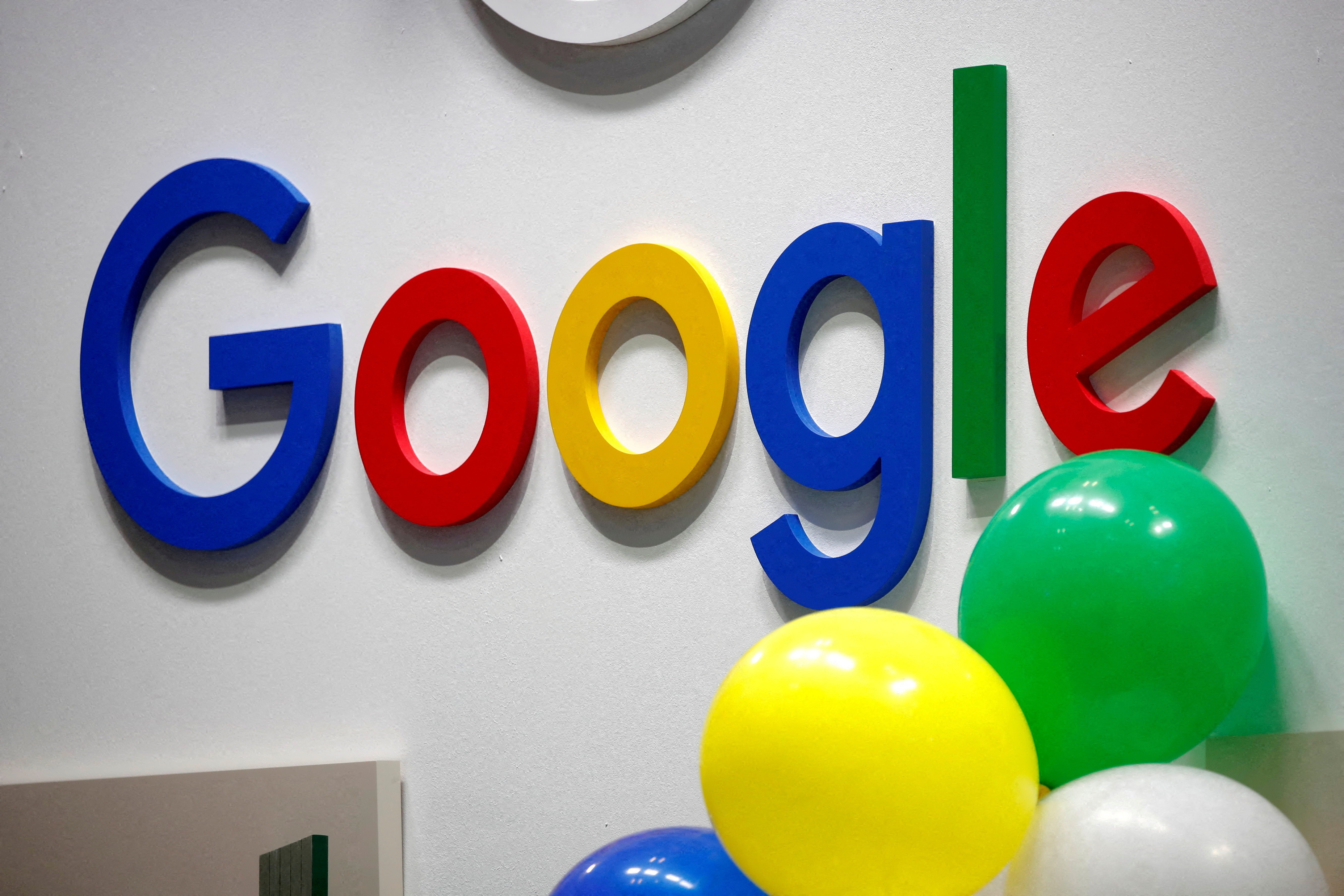From JP Morgan’s take on the Russian oil price cap to a shooting in Copenhagen – Here’s your July 4 news briefing

A few minutes every morning is all you need.
Stay up to date on the world's Headlines and Human Stories. It's fun, it's factual, it's fluff-free.
To start off, we’re looking into:
The Russian oil price cap could hurt the rest of the world
During the G7 summit, Western leaders came together and, among other things, agreed to cap the price of Russian oil and pipeline gas. For gas, how this would essentially work is that the European market will simply refuse to pay anything above its specified price. Because Russia has no alternative market to sell to in the short term, it would be forced to sell at the dictated price. For oil, over 90% of the world’s oil transport tanks’ liability coverage is managed through a group of London-based insurance organizations called the International Group of Protection and Indemnity Clubs that have to comply with European law. If it breaches the price cap, it risks getting sanctioned.
Russian crude oil has been selling at between US$30-$40 a barrel compared to Brent crude prices of around US$110-US$120 to try and attract buyers. The G7 still doesn’t know what the cap will be, but it has to be enough to motivate Russia to keep producing oil. Prime Minister Fumio Kishida said on Sunday that the cap is expected to be around half the current price.
But JP Morgan analysts have said to clients that Russia is economically strong enough to cut daily crude production by 5 million barrels per day without hurting its economy too much should it want to retaliate, which could push global oil prices for the rest of us to US$380 a barrel.
After Roe v. Wade, private companies continue to take a stand

After the US Supreme Court overturned Roe v. Wade, meaning US states could make abortion laws as strict as they want, several large companies, including Google, Bumble, Buzzfeed, JP Morgan, Goldman Sachs, Uber, Meta Platforms and many others, have come out to say that they will reimburse the transport costs if employees need to travel out of state for the procedure, with some also saying that they’ll help with covering the cost of the procedure.
Now Google has come out to say in a blog post that its system will automatically delete the history of users visiting sensitive locations, such as abortion clinics, domestic violence shelters and weight loss clinics, “soon after” their system detects it. Though Google has to comply with government data requests, the company has said that it will fight data demands that are too “broad or otherwise legally objectionable.” But if your data has had to be handed to the government, Google says it will notify you.
Shooting in Copenhagen

A gunman killed and wounded several people at a shooting at the Field’s shopping center in Copenhagen, Denmark, on Sunday. Local police have not elaborated on how many people were wounded or dead, saying it was too early to tell, but they did confirm that the police had taken a 22-year-old “ethnic Dane” into custody in connection to the shooting.
Several witnesses described a scene of panic as employees and shoppers at the mall fled through the back rooms of stores. One witness said to a local news station that the shooter “seemed very proud of what he did.”
Denmark is seen as the second-safest country in the world, according to US News & World Report. The last time it experienced anything on this scale was in 2015, when a radicalized attacker killed two people and wounded six others.
This story is still developing.
To end, we’ll look into:
Why the return to the office is just plain exhausting
For some, returning to the office (even if it’s only part-time) has been dreadful. For others, it’s been a welcome return to normalcy. But for almost everyone, returning to the office has meant relearning how to act appropriately in the workplace.
See, during the pandemic, lots of office workers got accustomed to waking up 10 minutes before their first meeting, pouring a cup of joe and getting started while still in their pajamas (with the camera off, of course). As a result, social etiquette has become stunted, and experts say it’ll take some time before we get used to those formal and professional work situations again.
This is compounded by the fact that now, with hybrid work options available at lots of companies, the office is meant more for collaboration. Previously, a day spent at the office probably meant some mix of social and teamwork as well as solo work. But now, most hybrid models mean that a day at the office is spent primarily socializing and doing collaborative work, leaving people’s social batteries even more drained by the time the day is over.
The good news is that experts say this exhaustion from social interaction will probably not last forever – if the pandemic taught us anything, we’re good at adapting to what we have.
According to Jane Parry, the director of the Centre for Research on Work and Organisations at Southampton University in the UK, “managers said again and again that people were much more adaptable than they ever thought they would be. We don’t give them enough credit.”
In other news …
🇭🇰Lee on TVB: Hong Kong’s leader John Lee appeared on a local program broadcast by TVB over the weekend to say that his team didn’t see a need for mass testing at the moment and that they are working with mainland officials to try and introduce quarantine-free travel for people traveling from Hong Kong to the mainland. Meanwhile, China could change quarantine rules for international travelers to make things more convenient.
🇺🇦Ukraine’s Lysychansk: Russia has said that, after capturing the city of Lysychansk, it now controls the whole Luhansk region. But Ukraine says that, while the situation has been intense, Lysychansk isn’t under total Russian control.
🇹🇼Milley on Taiwan: US General Mark Milley told the BBC that China is clearly trying to develop the capability to attack the breakaway region of Taiwan, but choosing when to do so is more of a political choice. Milley also added that the US is watching “very closely."
🚢Hong Kong storm tragedy: An engineering vessel with 30 people onboard went missing in the waters off Hong Kong after it snapped into two pieces when a storm passed through. Now, while government rescue authorities have rescued three of the 30, they’ve said that the chances of finding the remaining 27 are “very slim."
😷China’s eased rules: China has cut the mandatory quarantine time for travelers to seven days at a quarantine facility (like a hotel) upon arrival instead of the previous 14-21 days, depending on different factors like the city where the traveler was headed.
❌Novi shuts down: Meta had a cryptocurrency project called Diem, which some of you may remember as Libra. Now, after a bumpy journey, Meta has announced that Novi, the digital wallet that supported Diem, is shutting down. Novi is the last remaining part of the company’s crypto project.
🌧Sydney floods: Sydney authorities have asked people to start evacuating their homes as torrential rain has caused heavy flooding across the country’s largest city.
📽Box office hits: Tom Cruise’s “Top Gun: Maverick" soared past the US$1.1 billion milestone in global ticket sales over the weekend, cementing its position as one of the highest-grossing movies in history. Meanwhile, “Minions" raked in US$108.5 million in its opening weekend in the US as families shake off COVID concerns.
🎾A heated Kyrgios and Tsitsipas game: Australian tennis player Nick Kyrgios beat Stefanos Tsitsipas in a four-set game that had everyone grabbing their seats. Tsitsipas, at one stage, got a warning for hitting the ball into the crowd and almost hitting a spectator. Tsitsipas had started acting out after Kyrgios kept berating the chair umpire, at one point calling him a “disgrace," which also led to a warning for swearing.
Written and put together by Jake Shropshire, Christine Dulion and Krystal Lai




Comments ()